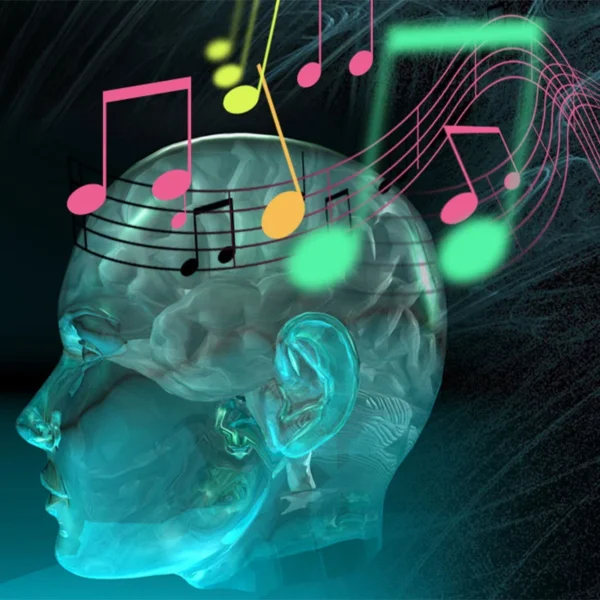Table of Contents

music can make you feel better
How Certain Songs Can Impact Our Brain
You’re driving down the road, listening to the radio and a song comes on that flips your happy switch. Immediately you’re in a better mood and ready to take on whatever the day throws at you. The magic of music strikes once more — but how can something so intangible have such a positive effect on us?When it comes to the human brain, the answer is never a simple one. There’s more than one thing happening to the human brain when we listen to music.
Neurology and nostalgia work hand in hand.
Hearing a song from our adolescence brings back a flood of feelings and memories. By why do those songs have such a strong hold on our emotional core? Our brains develop rapidly between ages 12 and 22 (there’s a reason they call it our “formative” years), so when we make a connection to a song during that time, it’s a strong neurological connection. The massive rush of hormones associated with our pubescent years tells our brains that everything is super important, and that includes whatever music we’re listening to at the time. That’s why when we hear a true throwback to our high school days, it’s a powerful thing.
The impact of positive thinking has been a subject of focus for psychologists and self-help gurus for ages now, but what about positive listening? Is there such a thing as intentionally listening to positive-sounding music to boost your mood? We already know music that gives us the chills helps to release dopamine, but a separate study found that people who intentionally listened to upbeat music improved their moods and happiness in just two weeks. When a separate group was instructed to listen to different music that wasn’t deemed positive sounding, they didn’t experience the same mood-boosting effect. So the next time you’re blue, maybe put on a song that will make you smile.
In honor of international guitar month, let’s also take a minute to look at the benefits of playing music too. Aside from all the wonderful creativity and freedom creating music can bring us, it also improves our memories. We’ve seen evidence that musicians can learn and remember more content than non-musicians — and they also have an upper hand when learning new languages. That kind of makes sense when you think of music as a sort of universal language, right?
So the next time you’re listening to music, maybe you’ll think about how it’s actively affecting your mood or maybe you won’t. That’s sort of the beauty of it — music’s just naturally ingrained in our lives and it seems to bring us joy when we need it the most. Perhaps the healthiest thing we can do is simply enjoy it and bask in a downright catchy chorus.
Do you have any favorite tunes that get you going? Let us know in the comments!
